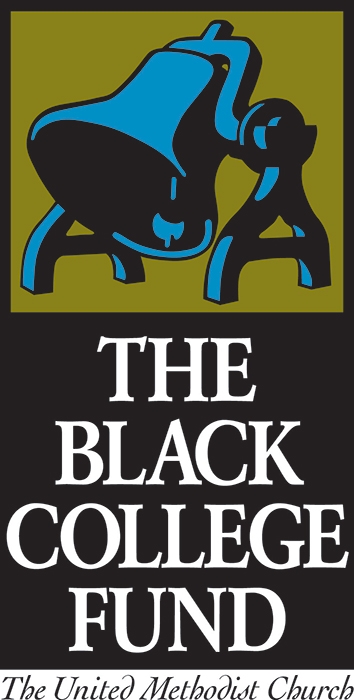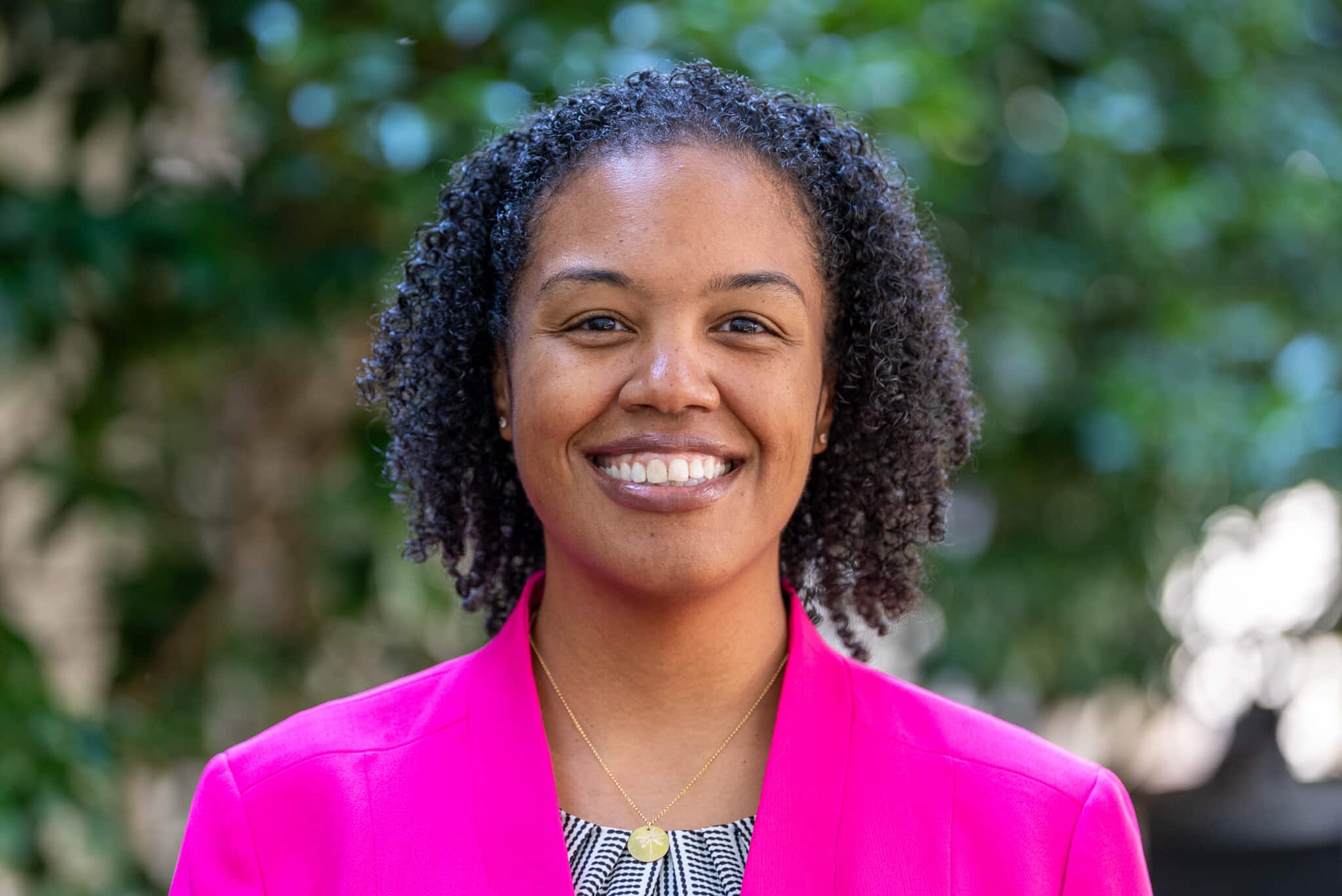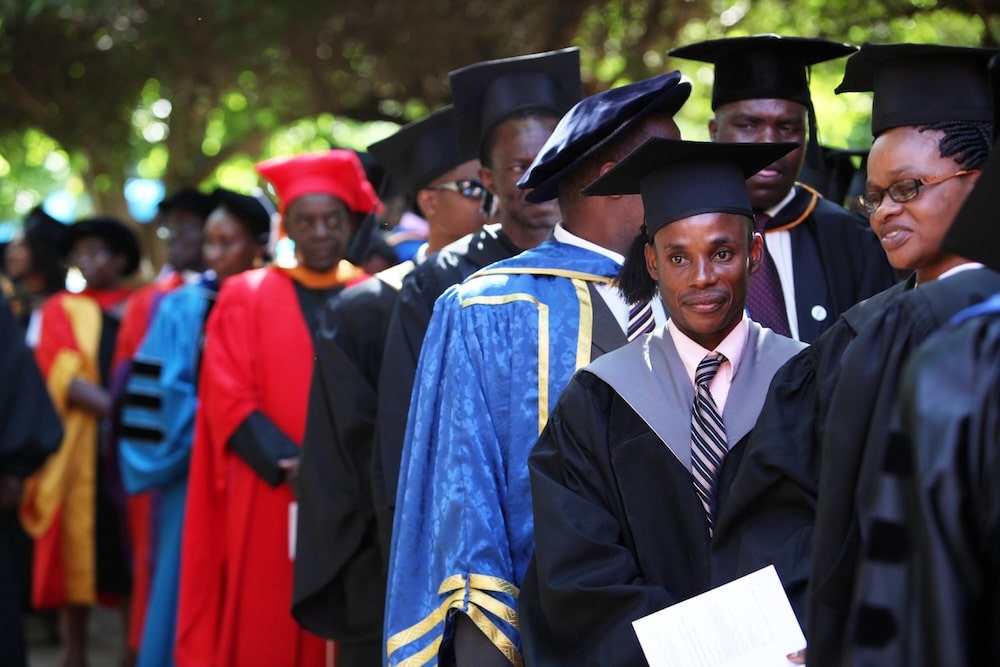Black College Fund Overview
What The Black College Fund Is
Education continues to be the great equalizer in our society, and for almost 150 years, having an educated laity and clergy has been important and critical to the future of The United Methodist Church, and to the future of our world. The Black College Fund is an important tool in achieving that goal. One of the biggest challenges facing the 11 United Methodist-related historically Black colleges and universities (HBCUs) is funding. The United Methodist Church supports the largest number of Black colleges and universities of any church body in the United States.
The Black College Fund invest in the hopes and dreams of those students attending HBCUs by providing funding for faculty development, infrastructure maintenance, and for students who need financial support and scholarships. The Black College Fund helps the HBCUs to keep tuition and fees competitive, and supports fields of study and research in science, technology, engineering, and mathematics.
What The Black College Fund Does

The Black College Fund distributes 95 percent of all funds received equally to the 11 United Methodist-related institutions of higher education. Those with the highest enrollments receive a slightly higher amount. Five percent of the funds are awarded for special projects or activities. Administrative costs for the Fund are less than 5 percent. The Black College Fund is not a scholarship fund; the money goes directly to the institutions.
In 2012, United Methodists invested 89.8 percent or $9.4 million into hopes, dreams, faculties, facilities, and some of the best and brightest students who are studying everything from environmental clean-up to cures for today’s most prevalent and difficult diseases.
The Black College Fund helps to eliminate the myth that Black colleges are no longer needed because students can go anywhere they choose to pursue a college degree. While that may be true of students from the best schools with the best scores and no financial constraints, the UM-related Black colleges and universities offer a chance to everyone with a dream and a commitment to excel – regardless of race, class, gender, or ethnic heritage.
The Importance of HBCUs
Historically Black colleges and universities offer a values-centered learning environment that encourages leadership development, self-esteem building, and spiritual growth. At these schools, students receive guidance and training in low-student-to-faculty ratio classrooms that allow them to maximize their skills for citizenship and leadership. These schools are still critical because they are a place where faculties and staff can be role models for students who might otherwise fall through the cracks and miss out on a college education. For many who are the first in their family to go to college, these institutions are an important bridge to a wider and more culturally diverse society.
The work these schools do is not just impressive; it is critical because many of these students would fall through the cracks and never earn a college degree though they have the intellectual capacity to do so. These schools are a good source of diverse leadership for the church’s agencies, boards, annual conferences, and higher education institutions.
Our Historically Black Colleges and Universities
The 11 Black colleges are located in the Southeastern and South Central Jurisdictions and are diverse in every way. There are approximately 16,000 students enrolled, and 90 percent of them qualify for financial aid. The colleges are and have always been open to all.
| Bennett College Greensboro, North Carolina Founded in 1873 | Meharry Medical College Nashville, Tennessee Founded in 1876 |
| Bethune-Cookman University Daytona Beach, Florida Founded in 1904 | Paine College Augusta, Georgia Founded in 1882 |
| Claflin University Orangeburg, South Carolina Founded in 1869 | Philander Smith College Little Rock, Arkansas Founded in 1877 |
| Clark Atlanta University Atlanta, Georgia Formed in 1998 | Rust College Holly Springs, Mississippi Founded in 1867 |
| Dillard University New Orleans, Louisiana Founded in 1869 | Wiley College Marshall, Texas Founded in 1873 |
| Huston-Tillotson University Austin, Texas Founded in 1875 |
Supporting The Black College Fund
When local churches pay 100 percent of its Black College Fund apportionment, they ae supporting The Black College Fund and the United Methodist-related HBCUs. You can also make a direct donation to any of the 11 colleges and universities supported by The Black College Fund. To give or learn more, visit www.umcgiving.org. To learn more about The Black College Fund, view the overview video or www.gbhem.org.
Related Posts
The work of Christmas begins and continues in our peacemaking, justice-seeking and music-making. The work of Christmas begins and continues as we grow in love toward all.
May striving for love be our ethic. May the giving of love be our pursuit. May the witness of love be our joy.
The General Boards of Global Ministries (GBGM) and Higher Education and Ministry (GBHEM) announce the appointment of Dr. Dana Lyles as executive director of multiethnic ministries, effective Jan. 1, 2026.







